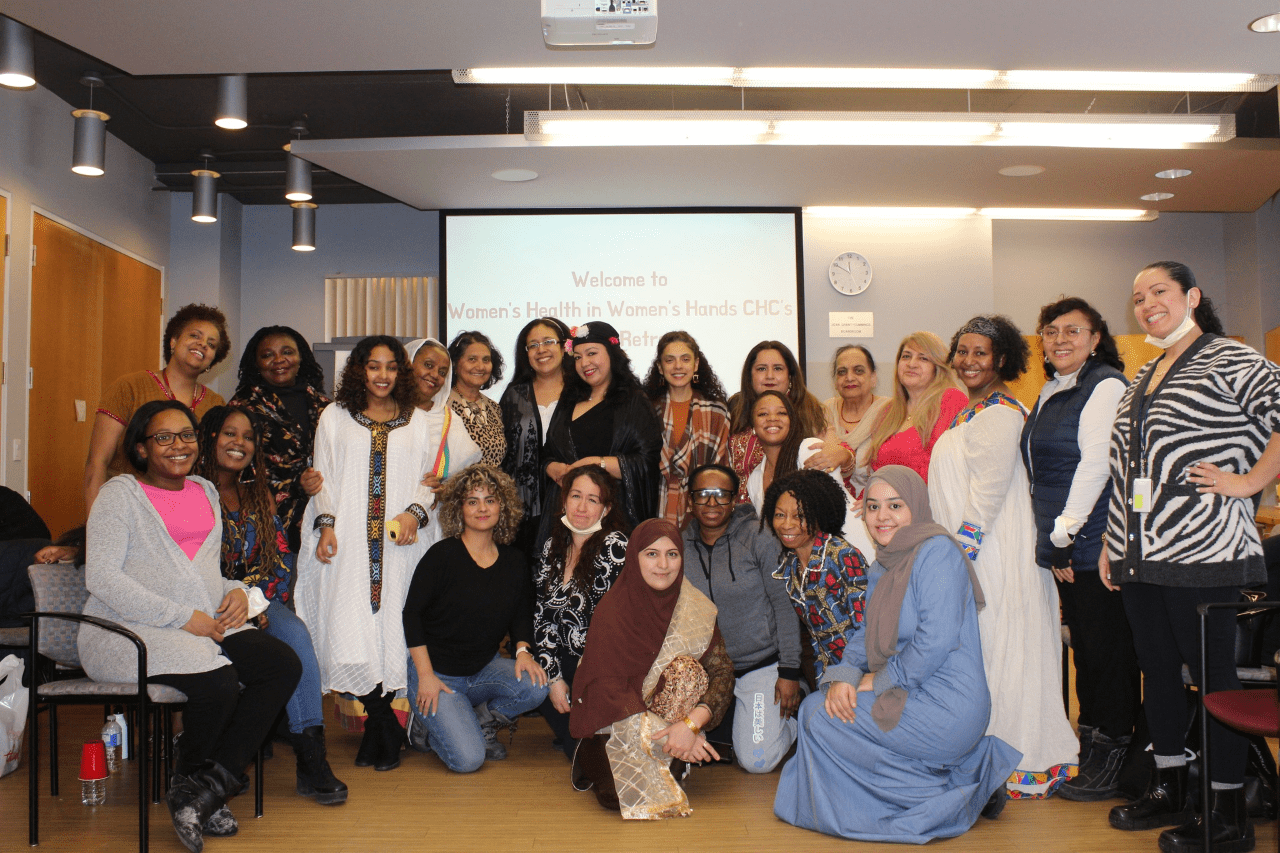According to the federal government’s 2021 review of Diabetes in Canada, the number of Canadians living with diabetes increased by approximately 2.1 million between 2001-2018. Today, one in three Canadians lives with diabetes or pre-diabetes and around 20 per cent are at high-risk of developing the disease.
Diabetes Canada says the prevalence of diabetes increased over 50 per cent in the last decade and rates expected to climb higher. The organization is concerned that a majority of Canadians living with the disease aren’t aware that diabetes can lead to medical complications like heart disease and stroke.
Many of the complications that arise from diabetes are preventable or treatable if found and managed in time.
The federal government responded by investing $25 million for diabetes research, surveillance, and prevention in 2021 and created a national framework for diabetes. The National Framework for Diabetes Act was passed that June. The Act requires the federal Minister of Health to prepare a report outlining a national framework designed to support improved access to diabetes prevention and treatment to improve Canadians’ health outcomes.
The six components of The Framework are prevention, management, treatment and care, research, surveillance and data collection, learning and knowledge sharing, as well as access to diabetes devices, medicines, and financial support. The principles that inform The Framework include: addressing health equity; applying a person-centered approach; differentiating between types of diabetes; supporting innovation; as well as promoting leadership, collaboration and information exchange.
It will also help to identify the training, education and guidance for healthcare professionals involved in the prevention and treatment of diabetes.
Women’s Health in Women’s Hands
Despite the fact that type 2 diabetes is more common in men than women, women often experience more serious complications, like heart attacks, and a greater risk of death. To address these health concerns, Women’s Health in Women’s Hands Community Health Centre (WHIWH) launched its Healthy Living Now Project in 2019. WHIWH provides racialized women, trans and non-binary clients residing in the GTA with culturally safe, relevant, and responsive primary healthcare.
The communities served by WHIWH are some those most likely to be affected by diabetes. Data shows that type 2 diabetes is more prevalent among Canadians experiencing marginalization, including First Nations and Métis, people of African and South Asian descent, as well as people with lower levels of education. Increased age, low socioeconomic status, and food insecurity are major contributors to the risk of people developing type 2 diabetes.
The costs associated with managing diabetes is one of the reasons living with the disease can be so difficult for people of lower socioeconomic status. The cost of medical care or the inability to access paid sick days can be prohibitive and lead to delayed medical intervention which increases the chances of negative health outcomes.
The program centers on diabetes prevention and aims to educate women who are prediabetic or who have a high risk of developing type 2 diabetes. WHIWH provides free online workshops and resources which include educational modules on topics like exercise and nutrition, medication, blood glucose and urine monitoring, and psychosocial issues.
According to WHIWH’s mandate, they are “changemakers engaged in knowledge transfer and exchange, research, capacity building and advocacy within and across multiple systems.” There are 70 community centers like WHIWH in the province and their prevention program has reached more than 500 participants in the GTA. There are plans to expand the program to other locations in Ontario in the near future.
Diabetes prevention program
In addition to teaching participants about diabetes, the program encourages them to set personal goals and make positive lifestyle changes. WHIWH appointed 22 women to be health ambassadors and to contribute to the program overall. This winter WHIWH launched their Healthy Living Now: for Better Health Outcome and Resilience Project. Healthy Living Now helps racialized communities live healthier and supports the development of women leaders in those communities.
One of the ways the program suggests people can live healthier and help prevent type 2 diabetes is by making changes to what they eat. There’s even a learning module dedicated to healthy eating which shows participants examples of healthy recipes as well as more health-conscious alternatives they can use when making their favourite dishes from their culture. This aspect of the program is particularly important for recent immigrants and refugees looking for a connection to back home.
Another reason why this is an important part of the program is because the staple dishes and ingredients used in some cultures’ dishes are believed to contribute to the prevalence of diabetes in those communities.
For example, the prevalence of diabetes among South-Asian Canadian adults is 2.3 times higher than among white adults. This accounts for 8.1 more cases of diabetes per 100 people, according to a 2018 report on health inequalities by the Public Health Agency of Canada. The report also noted that diabetes is more prevalent in South Asian communities than any other ethnic group at 14.4 per cent.
Many South Asian dishes require oily ingredients and ones that are high in refined carbs and sugars, like samosas. Some people have speculated that these ingredients and South Asians’ tendency to eat certain foods were contributing to their high rates of diabetes and heart disease but experts say that explanation is insufficient.
A celebration of diversity in action
WHIWH brought their healthy eating workshop to life when they held their event last month at their Toronto headquarters, which one of the organizers called a “Celebration of diversity put into action.” It was the group’s first in-person celebration in almost two years because of the COVID-19 pandemic. The event featured a potluck, cooking demonstrations as well as South Asian, African and Middle Eastern dance performances.
”The celebrating women brought traditional food representing their diverse backgrounds; including Ethiopian Injera and coffee, Indian curry, Mexican tacos, Pakistani Kabab, Nigerian Moi Moi (Beans Pudding), Egyptian seafood dishes and Moroccan vegetarian tagine,” one of the organizers/guests explained.
Attendees were encouraged to “share the similarities and celebrate the differences” as they exchanged recipes and healthy alternatives. Importantly, all the traditional dishes from various cultures were modified to a healthier version of the original, something many guests said they appreciated.
“I truly understand the benefit of modifying our traditional dishes into a healthier version,” said Jennifer Drummond.
Drummond is a community worker and second-generation Canadian whose parents were born and raised in Mexico. Drummond explained that she needs to be extra vigilant about what she eats because she’s at high risk of developing type 2 diabetes. Jennifer said Mexican food was a staple in her house growing up and that traditional tacos are made using some high-fat ingredients like various cheeses, creams and meats.
“Most of my family suffered from diabetes, so I had to educate myself about prevention methods even though I’m not diagnosed.”
At the event, Drummond had tacos that substituted vegetables for meat and had no cheese. She said they were delicious and liked that they were more nutritious.
The women said the event was full of joy and learning and being around other women in similar situations made them feel at home. Diabetes Awareness Month in Canada is observed in November but WHIWH says the group is already making plans to mark International Diabetes Week June 13-19.
Reham Teama started working when she was a university student back in 2002 and she has been working since then. She gained her work experience for about 20 years in more than 4 countries in 4 different continents.
Reham's main hobby is writing. She developed her skills in creative writing and became recognized as a talented author.





